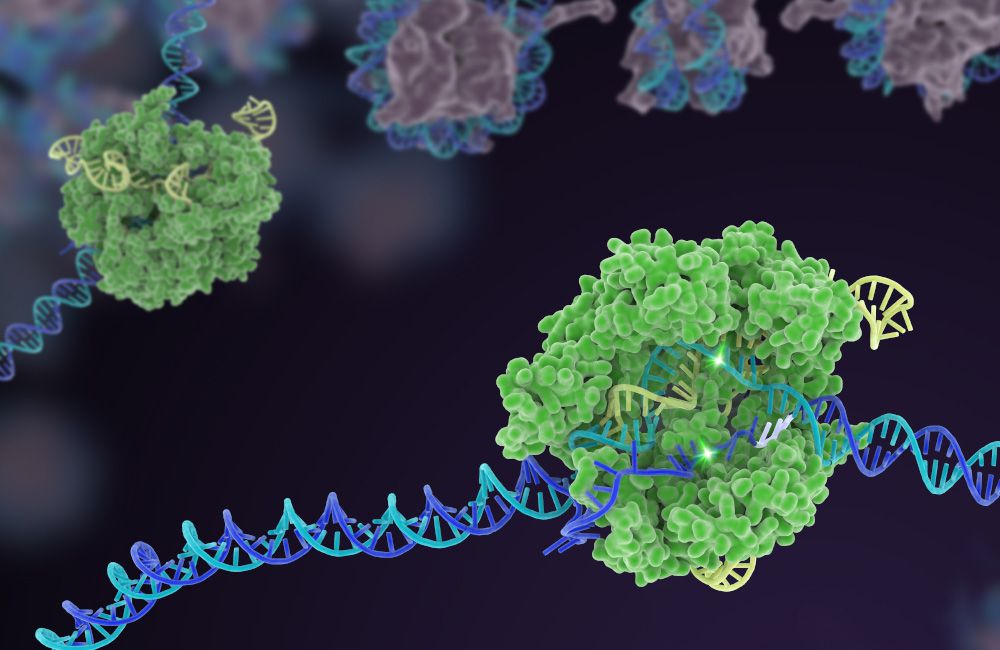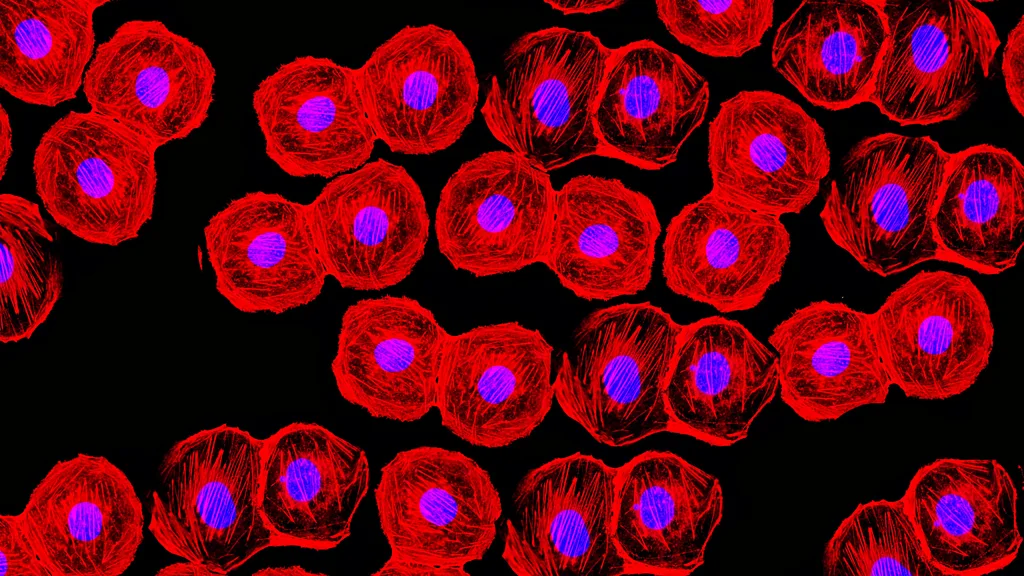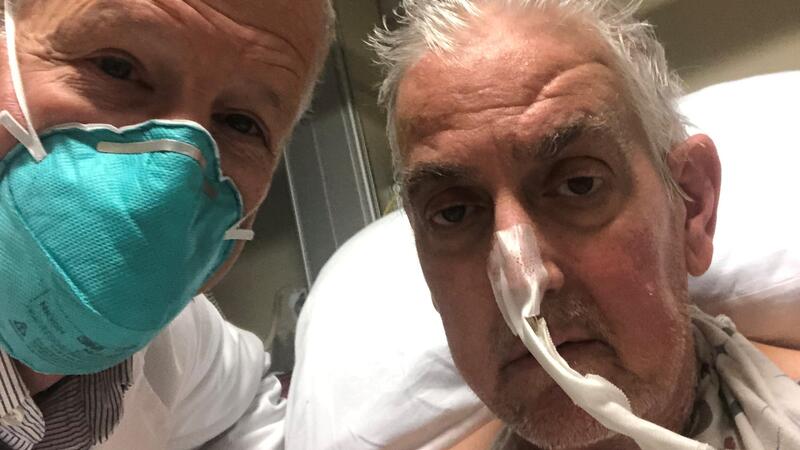By Robert Sanders – UC Berkley News –
In a decision released today (May 12), the U. S. Court of Appeals for the Federal Circuit in Washington, D.C., ordered the U.S. Patent and Trademark Office’s Patent Trial and Appeal Board (PTAB) to reconsider its 2022 interference decision that scientists at the Broad Institute in Boston invented CRISPR-Cas9 gene editing in plant, animal and fungal cells.
CRISPR-Cas9 gene editing is a revolutionary technique for manipulating DNA invented by Jennifer Doudna of the University of California, Berkeley; Emmanuelle Charpentier, who was then at Umeå University in Sweden; and their colleagues, one of whom was a student at the University of Vienna in Austria. (In legal proceedings, these researchers are referred to as CVC, for California-Vienna-Charpentier). Doudna and Charpentier were recognized for this genome editing breakthrough with the 2020 Nobel Prize in Chemistry.




